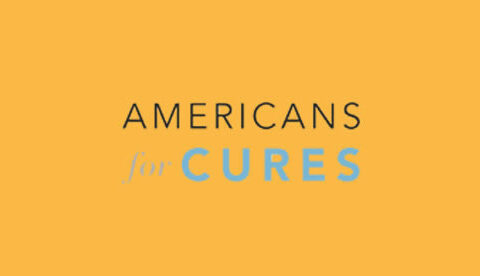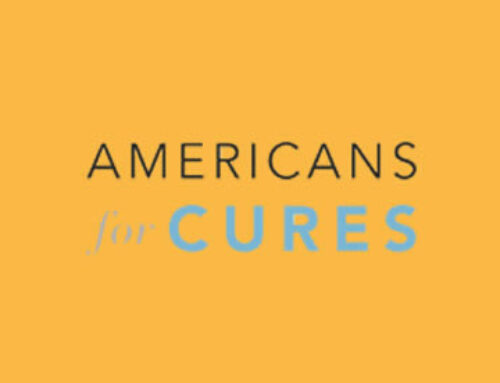Supporters of a proposed $5.5 billion bond measure that would keep California’s stem cell research institute in business are asking thousands of people to mail in their signatures in hopes of qualifying the initiative for the November ballot.
Backers are resorting to the plea because the state’s stay-at-home order to slow the spread of the coronavirus has all but halted signature gatherers who ordinarily collect petitions outside grocery stores and other public places.
Californians for Stem Cell Research, Treatments and Cures, the campaign behind the measure, has launched what it calls an unprecedented mail-in effort to try to collect at least 35,000 more signatures by April 18.
The campaign is asking backers to print out a 16-page copy of the petition on its website and return a signed version via mail.
Bob Klein, chairman of Californians for Stem Cell Research, said the effort is backed by 55 patient-advocacy groups, including some whose members have lost loved ones to diseases such as Alzheimer’s, Parkinson’s and diabetes that could one day be treatable because of stem cell research.
“Nothing is going to ever stop them,” Klein said. “They are motivated in an extraordinary way.”
The measure asks voters to re-fund the California Institute for Regenerative Medicine, the state’s stem cell agency, by allowing it to issue up to $5.5 billion in bonds for research, training and facilities construction.
Voters created the agency with a $3 billion initiative in 2004. But 15 years later, the institute is running out of money and has begun to scale back grants for new research.
The state requires 623,212 valid signatures to qualify an initiative for the November ballot. Supporters of the stem cell initiative say they have about 915,000 signatures, but campaigns must typically collect hundreds of thousands more than the minimum to make up for invalid or duplicate signatures.
Adrienne Shapiro, founder of Axis Advocacy for Sickle Cell Education & Support, is one of hundreds of volunteers asking people to sign the petition from the safety of their living rooms.
Shapiro, who lives in Los Angeles and whose daughter was born with sickle cell disease, said her group had planned to gather signatures in person before the pandemic hit. At first, she said they were distraught. Now, they’re determined to get it on the ballot.
“When things started shutting down, we were really freaked out,” Shapiro said. “We can’t put it off. We can’t say, ‘We’ll wait until next time.’ We’ve got to do it now.”
The initiative would help fund clinical trials for treatments that the institute says may soon be ready for testing. Two federally approved therapies have come from the research the institute has funded to date, according to the agency.
Out of the $5.5 billion initiative, $1.5 billion would be earmarked to fund research and therapy for brain and central nervous system diseases, such as Alzheimer’s, Parkinson’s, strokes and epilepsy.
The agency said last week that it would set aside $5 million to fund research for stem cell and regenerative therapies for COVID-19. Klein said that work would grow if the bond is approved.





